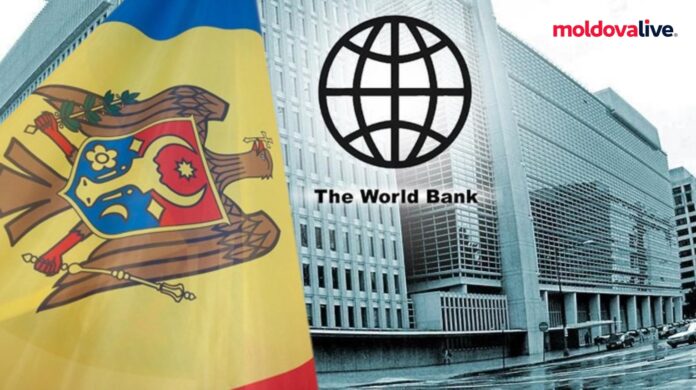The Republic of Moldova, Georgia, Turkey, and Ukraine will benefit from a $6.39 million grant from the Global Environment Facility (GEF) to finance the GEF Black Sea Regional Black Sea Regional Cleanup Project (BBSEA). The grant was approved today by the World Bank and will support efforts by governments and the private sector in the beneficiary countries to reduce Black Sea pollution.
The program aims to reduce marine pollution, catalyze investment in the Blue Economy, and facilitate knowledge sharing and cooperation among the Black Sea coastal countries of Bulgaria, Georgia, Romania, Turkey, and Ukraine, as well as the Republic of Moldova, whose rivers flow into the Black Sea.
In addition to strengthening the regional dialogue, the BBSEA also aims to contribute to the establishment of a strengthened national dialogue to integrate marine pollution reduction measures in the context of country climate change adaptation and mitigation strategies.
“Climate change is intensifying the impact of pollution in the Black Sea, leading to rising temperatures and increased risks of water-borne diseases, and poses a threat to both ecosystems and communities. The project will help strengthen the preparedness of governments and the private sector in participating countries to implement pollution reduction measures in the Black Sea,” said Carolina Sanchez-Paramo, Director of the World Bank’s Strategy and Operations Department for the Europe and Central Asia Region.
FOR THE MOST IMPORTANT NEWS, FOLLOW US ON TWITTER!
The BBSEA GEF Regional Project will finance and promote eco-innovations to address eutrophication in the Black Sea, providing public sector institutions, development partners, and potential investors with the opportunity to identify, test, and invest in innovative solutions to prevent and reduce pollution.
Over the last decades, pollution has made the Black Sea one of the most contaminated water bodies in Europe. Eutrophication – excess nutrients deposited as agricultural activities, chemical pollution, invasive species, ineffective wastewater treatment, industrial hotspots, and atmospheric deposition are among the biggest threats to the Black Sea marine environment. The pressures imposed by pollution threaten marine and coastal ecosystems and the livelihoods of those for whom the Black Sea region is their home.


